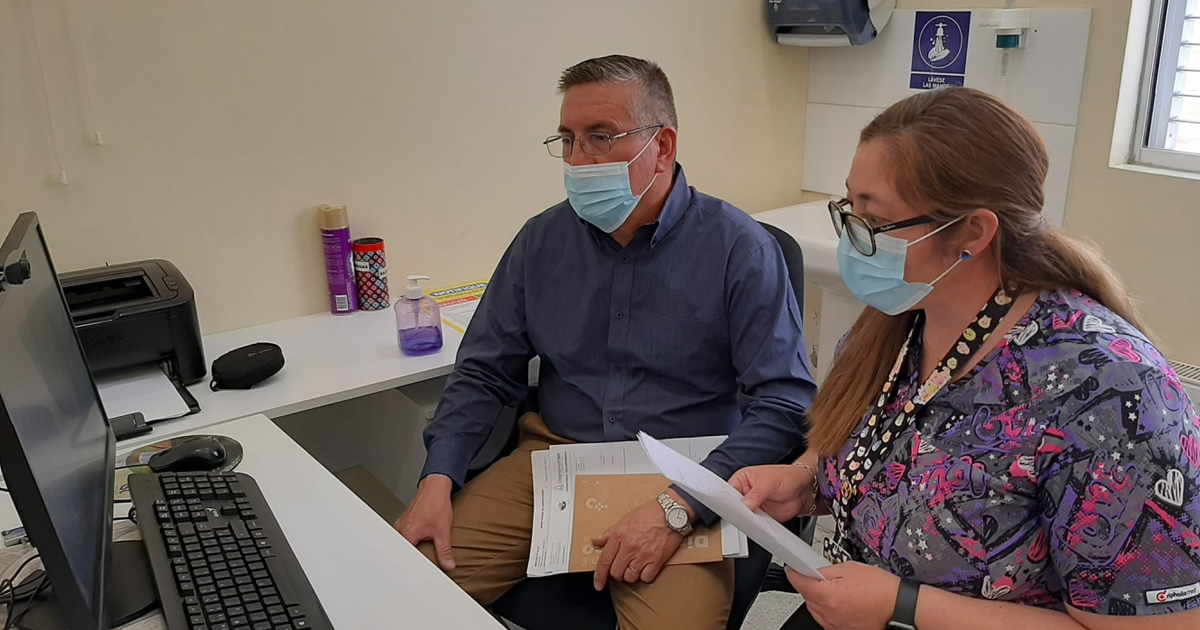The Colombian Ministry of Health and Social Protection published the regulations for the interoperability of Electronic Health Records, which were approved in Law 2015 of 2020 at the beginning of last year. Which states that "each person will be the holder of their Electronic Health Record, to which they will have access, in addition to the holder."
Colombia's Ministry of Health has issued a resolution that aims to regulate the electronic health record (EHR) interoperability conditions. In 2020 the law was passed in the Colombian Congress, however, the implementation strategy has not yet been defined. However, the Ministry of Health has a maximum deadline of five years for the implementation of EHR throughout the country.

Law 2015 of 2020 defines the EHR as: "the comprehensive and chronological record of the patient's health conditions, which is contained in information systems and software applications with the capacity to communicate, exchange data and provide tools for the use of the information endorsed with the digital signature of the treating professional".
Congressman Juan Fernando Reyes, one of the main promoters of this law, explained that, although it was approved by Congress last year, it is still in the process of implementation. He also expressed the importance of its implementation as soon as possible, since it would be very useful in the current healthcare situation. "The electronic health record will facilitate, streamline and guarantee access and exercise of health rights," he explained.
The Ministry of Health also had a 12-month deadline to define the EHR implementation plan, that deadline expired in January 2021, so the first guidelines of the EHR implementation strategy were known until that date.
One of important aspects of the adoption of the EHR throughout the country is the definition of interoperability guidelines. "This strategy will obey interoperability criteria, privileging existing data, advances and systems in the different providers within the health system, thus generating savings in the implementation of Electronic Health Record Interoperability (EHR)."
The guidelines to be included in the EHR are the following:
- Confidentiality: relevant interoperable clinical data are handled and kept with criteria of reserve, privacy and should have protection mechanisms for all computer processes.
- Availability: It is the characteristic of the information contained in the medical record that allows it to be accessible and usable when required.
- Integrity: The interoperable data must correspond to the reality of the facts that are recorded and captured at the source of the data, therefore, they must be reliable, complete, unaltered, consistent, coherent and unified.
- Exchange: Relevant clinical data from the medical record should be available through electronic means with security and privacy mechanisms.
- Timeliness: Interoperable relevant clinical data from the medical record should be available at all times for continuity of care and decision making.
- Security: The data generated or consulted should be handled with the necessary technical measures to guarantee security, avoiding adulteration, loss, consultation or unauthorized use.
- Uniformity: Concepts, definitions and nomenclatures are unique, in order to allow the integration of information and the comparison of results.
- Veracity: Data are presumed to be real, complete, accurate, updated, verifiable and understandable from their generation and throughout their flow in the interoperability process.
GLOBAL E-HEALTH
TIME
HEALTH CONSULTANT
https://consultorsalud.com/interoperabilidad-de-la-historia-clinica-electronica/
SINGLE REGULATORY INFORMATION SYSTEM
http://www.suin-juriscol.gov.co/viewDocument.asp?ruta=Leyes/30038770






